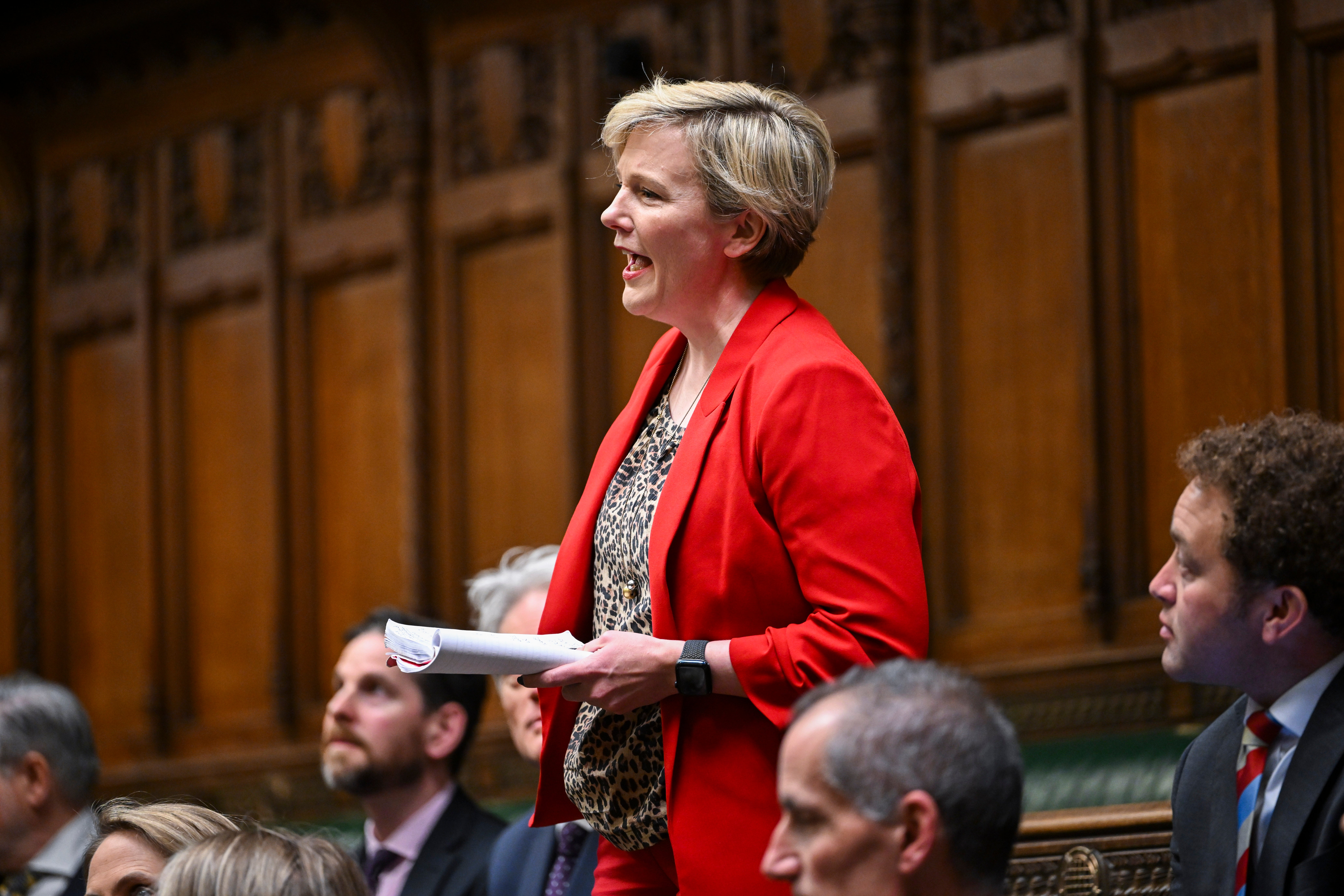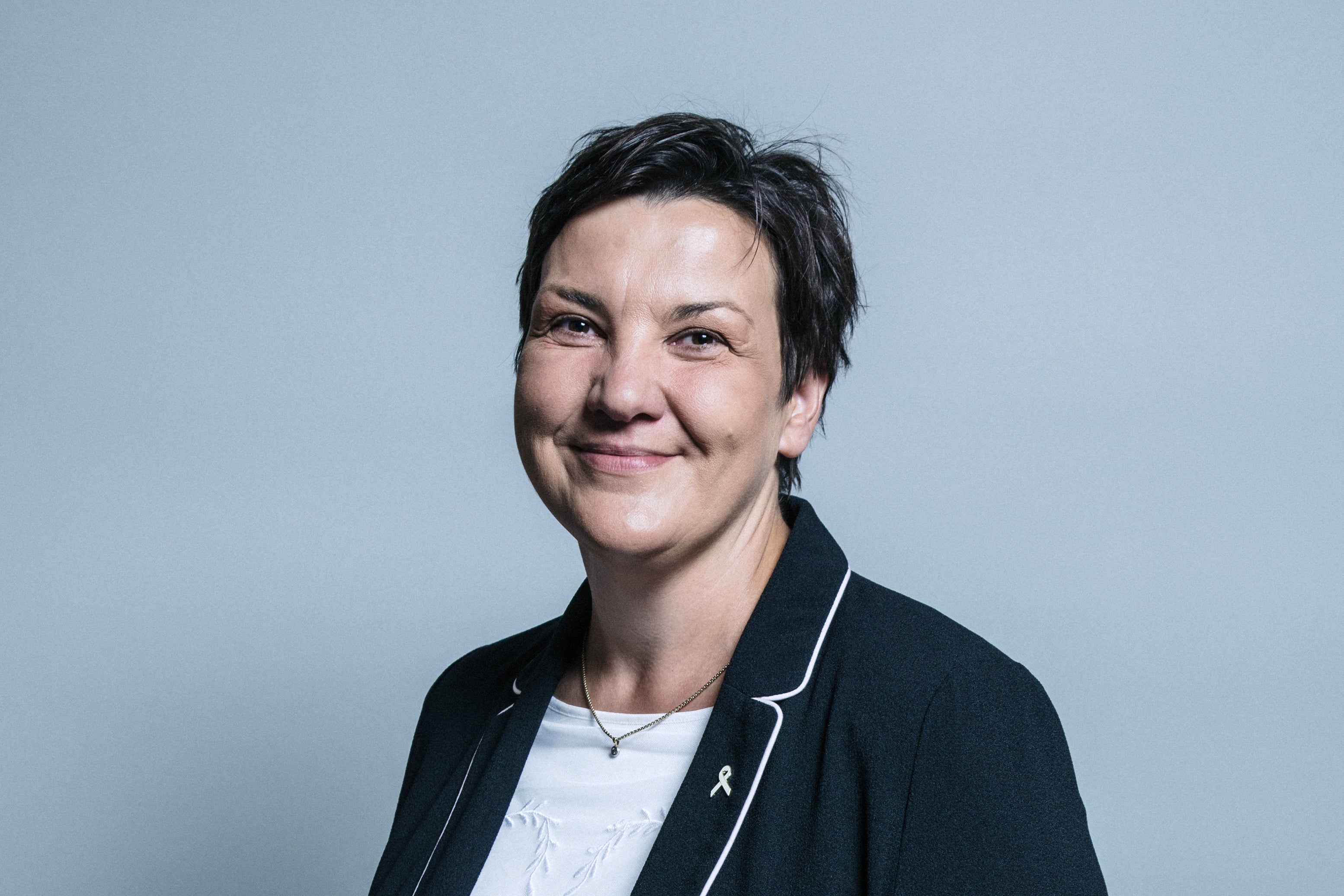MPs have voted to decriminalise abortion in England and Wales in a landmark step that will usher in the most far-reaching change to reproductive rights in decades.
MPs voted by 379 to 137 in favour of the reform after an emotional and impassioned debate in the House of Commons.
Labour MPs Tonia Antoniazzi and Stella Creasy tabled rival amendments to the Crime and Policing Bill to effectively decriminalise abortion, but in different ways.
MPs overwhelmingly backed an amendment by Labour MP Tonia Antoniazzi, which would result in "removing the threat of investigation, arrest, prosecution, or imprisonment" of any woman who acts in relation to her own pregnancy.
The reform is designed to protect women while maintaining penalties for medical professionals and abusive partners who terminate a pregnancy outside the current legal framework.
Is abortion legal in the UK?
Under current law, abortion is illegal in England and Wales but is allowed up to the first 24 weeks of pregnancy. After that point, a foetus is considered “viable”, meaning it could survive if born and given appropriate support.
Beyond this point, abortion is only allowed in certain circumstances, such as when a woman’s life is in danger or if the foetus shows signs of severe abnormalities.
An abortion must also be approved by two doctors, who will decide if the criteria have been met. These include risk to the life of the pregnant woman, or preventing her grave injury, as well as substantial risk to the child if it were born.

However, laws were recently changed to allow women to access pills to be taken at home to terminate a pregnancy up to ten weeks.
The most recent available data shows that 252,122 abortions were reported in England and Wales in 2022, marking the highest number since the figures started being recorded.
In the past three years, six women have appeared in court in England charged with ending or attempting to end their pregnancy outside the rules of abortion law.
In May, Nicola Packer, 45, was acquitted of having an illegal abortion. She was arrested in hospital at the height of the Covid pandemic after taking abortion pills when she was 26 weeks pregnant, believing she was only around six weeks into her pregnancy.
Her case followed that of Carla Foster, who was jailed in 2023 for illegally obtaining abortion tablets to end her pregnancy when she was between 32 and 34 weeks pregnant. Originally told she would spend 14 months of her 28-month sentence in prison, the Court of Appeal reduced this to a 14-month suspended.
Both cases provoked outrage and renewed calls to change the law.
What did Antoniazzi’s amendment offer?
Labour MP Tonia Antoniazzi says her amendment would result in “removing the threat of investigation, arrest, prosecution, or imprisonment” of any woman who ends their own pregnancy.
The MP for Gower said the cases of women investigated by police had motivated her to advocate for a change in the law.
She says her amendment will not change time limits for abortion or the regulation of services, but will “decriminalise women accused of ending their own pregnancies” and take them out of the criminal justice system, “so they can get the help and support they need”.
Her amendment was supported by 176 MPs and abortion providers, including MSI Reproductive Choices and the British Pregnancy Advisory Service (BPAS), and the Royal College of Obstetricians and Gynaecologists (RCOG).

What was the alternative amendment?
Ms Creasy put forward a rival amendment which would enshrine abortion access as a human right and also aims to prevent women who have terminated their own pregnancies from being investigated.
Ms Creasy said her amendment goes further than her Labour colleague's proposal, by offering "protection to all those involved in ensuring that women can access safe and legal abortions".
Ms Creasy argued that Antoniazzi's amendment would not stop the authorities investigating "the partners of people who had an abortion or the medics who provided the abortions, and it would not prevent demands for women to give evidence as part of that process".
It was backed by 108 MPs but not by abortion providers.







